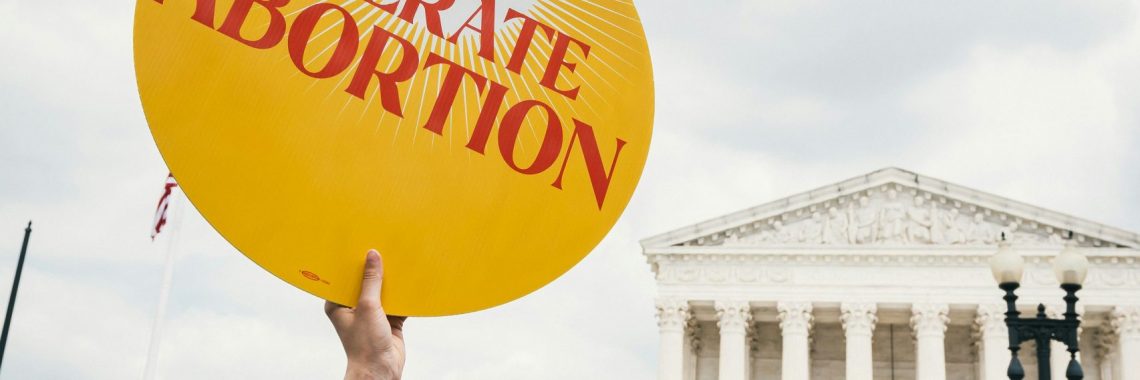Family Council Joins Brief Urging Supreme Court to Uphold Fairness in Women’s Sports

Earlier this month, Family Council joined dozens of state policy organizations and more than 200 state legislators — including Rep. Mary Bentley (R – Perryville) and Rep. Robin Lundstrum (R – Springdale) from Arkansas — in a legal brief urging the U.S. Supreme Court to uphold fairness in women’s sports in Idaho.
In 2020, Idaho passed the The Fairness in Women’s Sports Act to prevent male student athletes from competing against girls in women’s athletics at school. However, the ACLU sued claiming the act is unconstitutional, and a panel of judges from the Ninth Circuit Court of Appeals ruled against the law.
On September 19, Family Council joined an amicus brief alongside 37 other pro-family organizations and 206 female state legislators in support of Idaho’s Fairness in Women’s Sports Act. The amicus brief highlights the opportunities that women’s athletics offer to students, and it urges the Supreme Court to uphold the law and protect women’s sports.
Letting men compete in women’s sports reverses 50 years of advancements for women and effectively erases women’s athletics.
It hampers their ability to compete for athletic scholarships and hurts their professional opportunities as adults. Concerned Women for America reports that more than 1,900 male athletes who claim to be female have taken first place medals away from women and girls.
Female swimmers, powerlifters, cyclists, sprinters, volleyball players, and others have seen their sports radically changed by men who claim to be women. In some sports, it can even be dangerous.
Most Americans agree that athletes should compete according to their biological sex — not their gender identity.
In 2021, Arkansas passed Act 461 by Sen. Missy Irvin (R — Mountain View) and Rep. Sonia Barker (R — Smackover) preventing male student athletes from competing against girls in women’s athletics at school. This good law protects fairness in women’s sports in Arkansas.
Earlier this year, President Trump signed an executive order protecting fairness in women’s sports under Title IX. That is good, but it’s important for our federal courts to uphold laws like Idaho’s that protect fairness in women’s sports. A bad court ruling in this case could jeopardize the good work that Arkansas and many other states have done in this area. That is why Family Council is pleased to join this amicus brief in support of Idaho’s Fairness in Women’s Sports Act, and we believe the U.S. Supreme Court will ultimately uphold the law as constitutional.




